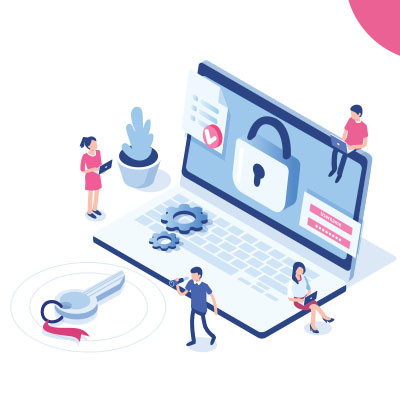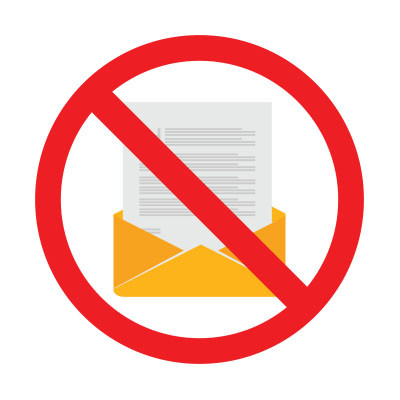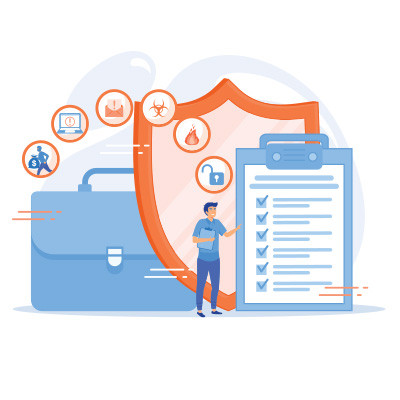Network Synergy Blog
We manage all types of files in the course of doing business. Some are more important than others and often need better security, and they need to be filed a certain way so that retrieval is fast and painless. Today, we will go through three of the best practices in file management to help you get a better handle on the ever-growing amount of data you have to store.
Today’s business needs to be able to share files and data securely and efficiently. This process may seem straightforward, but there are a lot of options that the business owner or manager needs to understand. In today’s blog, we look at some steps that will help you create a strong and secure file-sharing system.
As technology continues to gain prominence in healthcare, it plays an increasingly vital role. Advancements in technology have allowed the healthcare industry to stabilize costs, improve access, and personalize care delivery—objectives that were challenging in the past. These benefits come with a potential downside: data privacy issues, which are becoming more concerning as technology advances.
There’s no doubt that data is valuable. It can improve many different aspects of a business, most notably operations, customer relations, and marketing. The more data you have, the more specific actions you can take to improve your business. But it can also be a real problem if you don’t have a plan for managing it. Let’s discuss some problems your data can present and how to avoid them.
Big data has become an invaluable asset, not just for large corporations but also for small businesses. Using the vast amounts of data your business creates to help you make more effective decisions is easier than ever. In this month’s newsletter, we’ll look at how small businesses are tapping into the power of big data:
Firewalls are a mainstay of network security. At its core, the firewall acts as a barrier between a trusted internal network and untrusted external networks, such as the Internet. Its primary function is to monitor and control incoming and outgoing network traffic based on predetermined security rules. Think of the firewall as a gatekeeper scrutinizing every packet of data that attempts to pass through. Let’s take a look at the different types of firewalls and some of their key functions.
Your business is likely subject to certain compliance laws and regulations depending on the type of data you collect from your clients or customers. Today, we want to emphasize the importance of your business considering regulation and compliance when managing its data and IT resources, as without doing so, you run considerable risk.
Your business’ data holds incredible potential for helping you improve operations, but only when it is leveraged properly. To this end, you have to identify specific metrics that you are working toward and establish how these metrics are helping you make strides forward. IT offers plenty of metrics to help you make better decisions about operational efficiency.
Cybersecurity is crucial for everyone to focus on, both in the professional environment and in their personal lives. That’s why I wanted to put together a list of cybersecurity practices you should encourage your team to follow when they aren’t in the office or working remotely, when their time is theirs.
Did you watch the big game this year? Chances are that if you did, you got to witness all of the spectacles that the event had to offer, including a lot of technology that enriched the experience, whether you realize it or not. The National Football League has implemented emerging technologies that have helped solve persistent challenges over the years. Let’s explore some of these technologies.
Small businesses, like any other organization, need to protect various types of data to ensure the security and privacy of their operations. The specific data that needs protection may vary depending on the nature of the business, industry regulations, and the types of transactions or customer interactions. Today, we thought we would go through some common data types that small businesses typically need to protect.
A digital twin could arguably be seen as a somewhat niche technological innovation. Regardless, they are an invaluable resource to quite a few industries that help the businesses that use them optimize their processes. Let’s go over what a digital twin is, and how it helps a few different business types meet their needs.
All it takes is one oversight to potentially undo any benefits your cybersecurity protections and other best practices may deliver. For instance, even if you have things like multifactor authentication in place, a phishing scam or even some malware varieties could potentially give an attacker access to your email… and all the data your messages contain, just sitting in your inbox.
Data Backup and Disaster Recovery are essential components of any modern business. As businesses become increasingly reliant on digital data, it's essential to have strategies in place to ensure that your data is safe and secure in the event of a disaster. Let’s cover the key components of an effective Disaster Recovery strategy to ensure the safety of your business' data backup. Read on to learn more about Disaster Recovery strategies and how to best protect your business data.





















